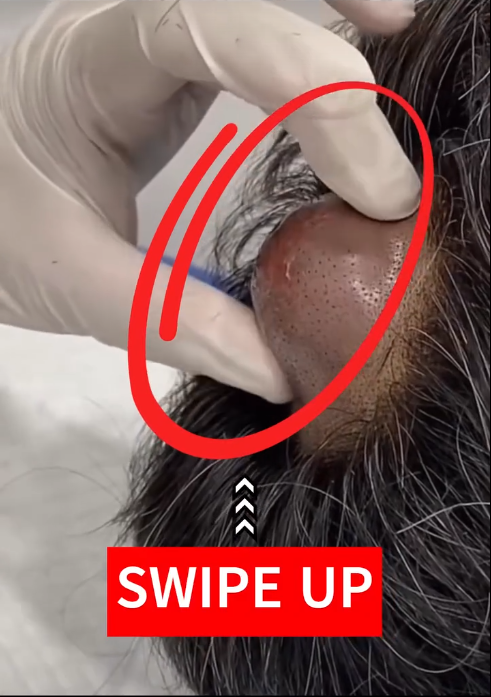
A meatball cyst, also known as an epidermoid cyst, is a small, round lump under the skin that can resemble a meatball in shape and size. Here’s a detailed overview:
What It Is – Definition: An epidermoid cyst is a benign growth that forms when skin cells multiply and accumulate under the skin. They typically contain a thick, yellowish substance called keratin. Location: Commonly found on the face, neck, back, and sometimes on the genital area. Causes – Blocked Hair Follicles: When a hair follicle gets clogged with dead skin cells. Skin Trauma: Injury or damage to the skin can lead to the formation of cysts. Genetics: Some people may be more predisposed to developing cysts due to family history. Symptoms – A small, round lump under the skin, often movable and painless. Occasionally, it can become inflamed or infected, causing redness, swelling, and pain. Healing and Treatment – Home Care: Warm Compress: Apply a warm compress to the cyst for about 20 minutes a few times a day. This can help reduce swelling and encourage drainage if it becomes infected. Avoid Squeezing: Do not attempt to squeeze or pop the cyst, as this can lead to infection. Medical Treatment: Drainage: A healthcare professional may drain the cyst if it’s inflamed or infected. Surgical Removal: For persistent or bothersome cysts, a doctor may recommend surgical removal, especially if it recurs. Medications – Antibiotics: If the cyst is infected, antibiotics may be prescribed. Steroid Injections: These can help reduce inflammation. Prevention – Proper Skin Care: Regular cleansing can help prevent clogged pores. Avoiding Skin Trauma: Being cautious to avoid injury to areas where cysts tend to form. When to See a Doctor – If the cyst becomes painful, inflamed, or shows signs of infection (redness, warmth, pus). If you notice any changes in the cyst, such as rapid growth or changes in color. While meatball cysts are usually harmless, consulting a healthcare professional for a proper diagnosis and treatment is always a good idea if you have concerns.



